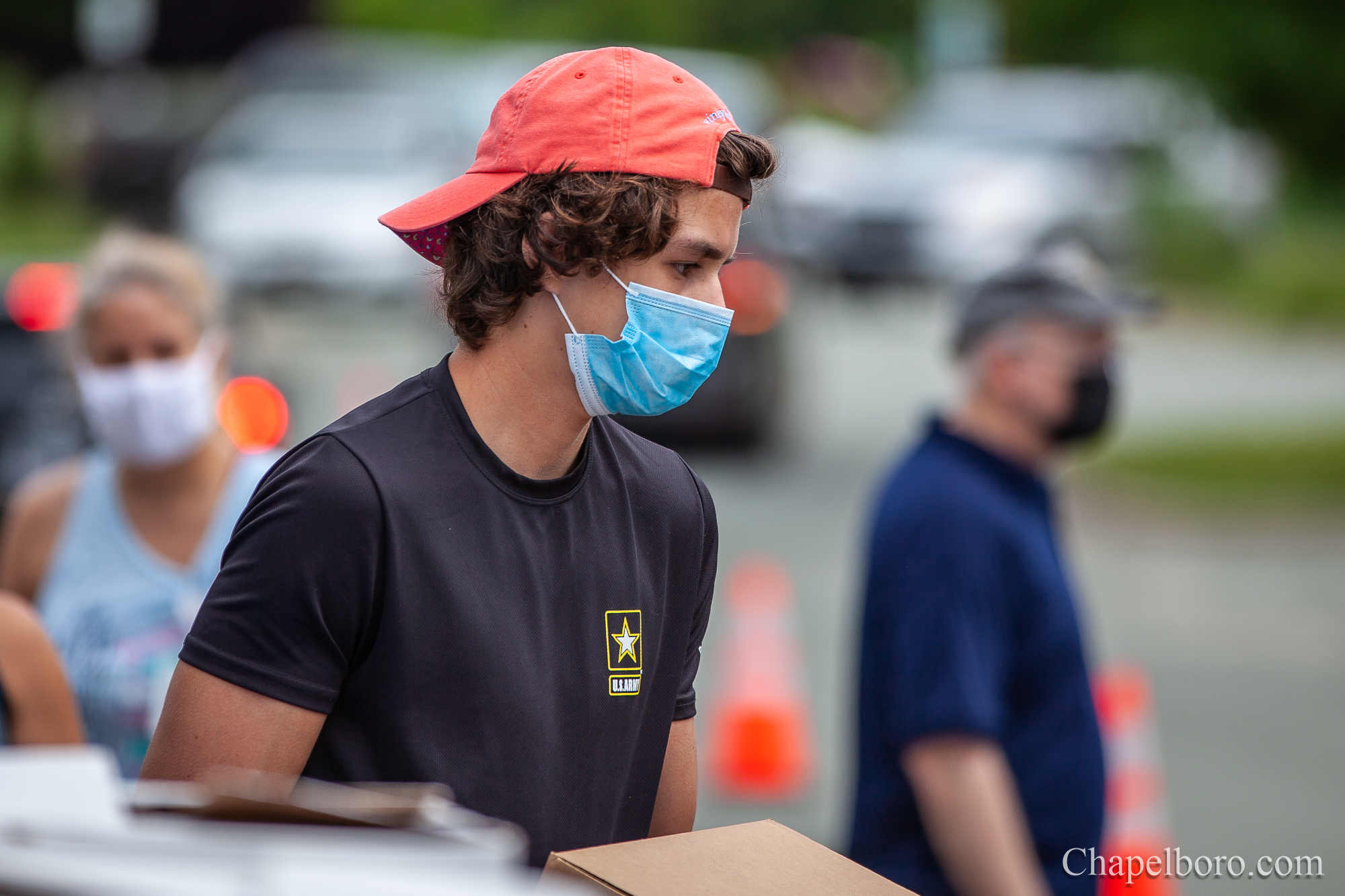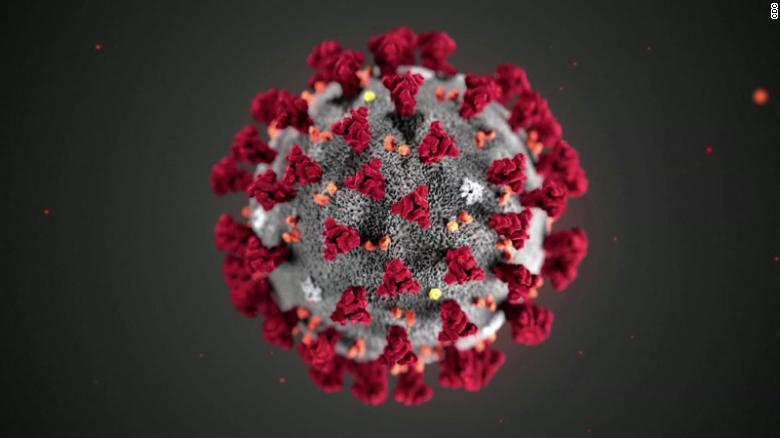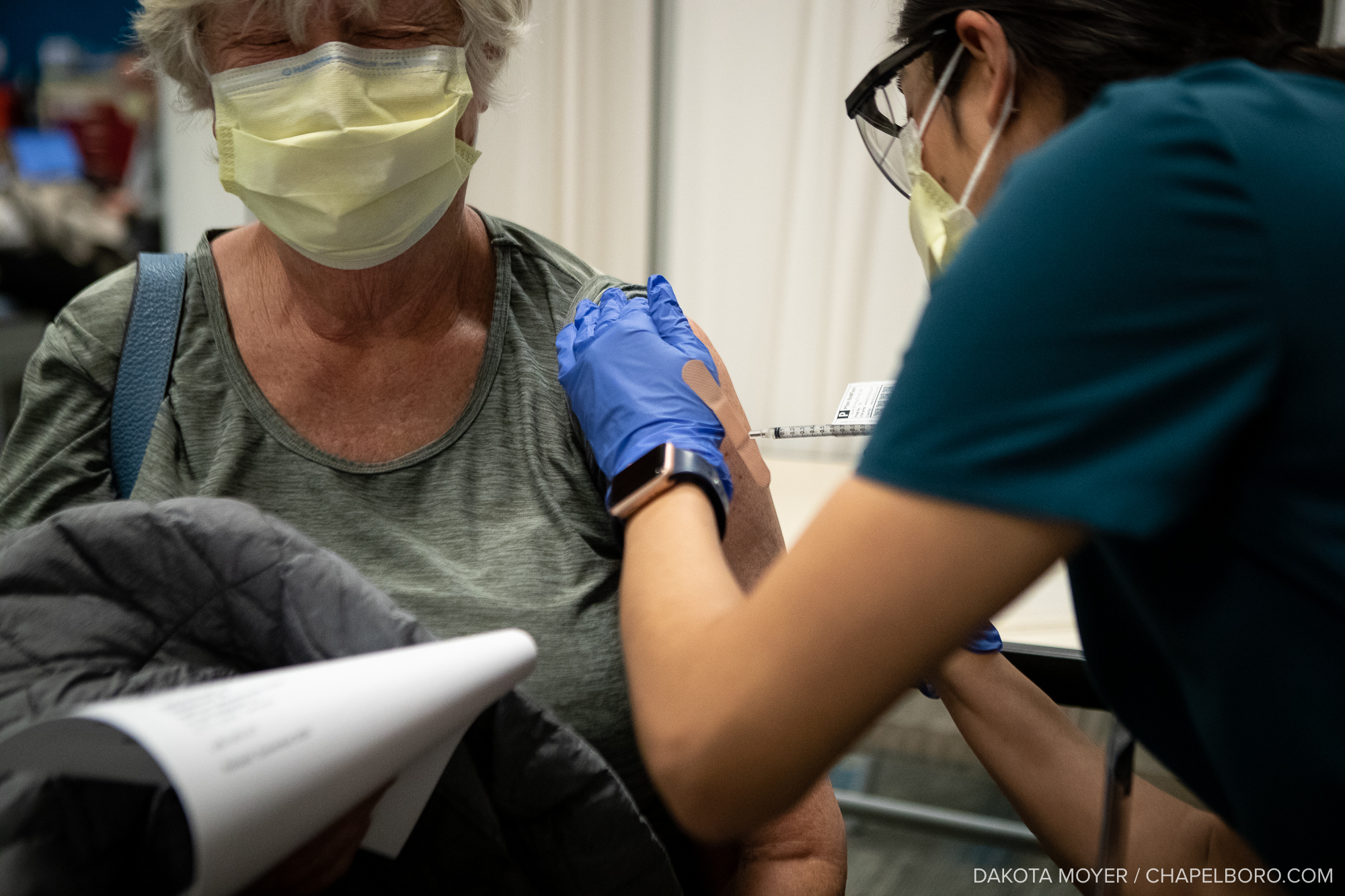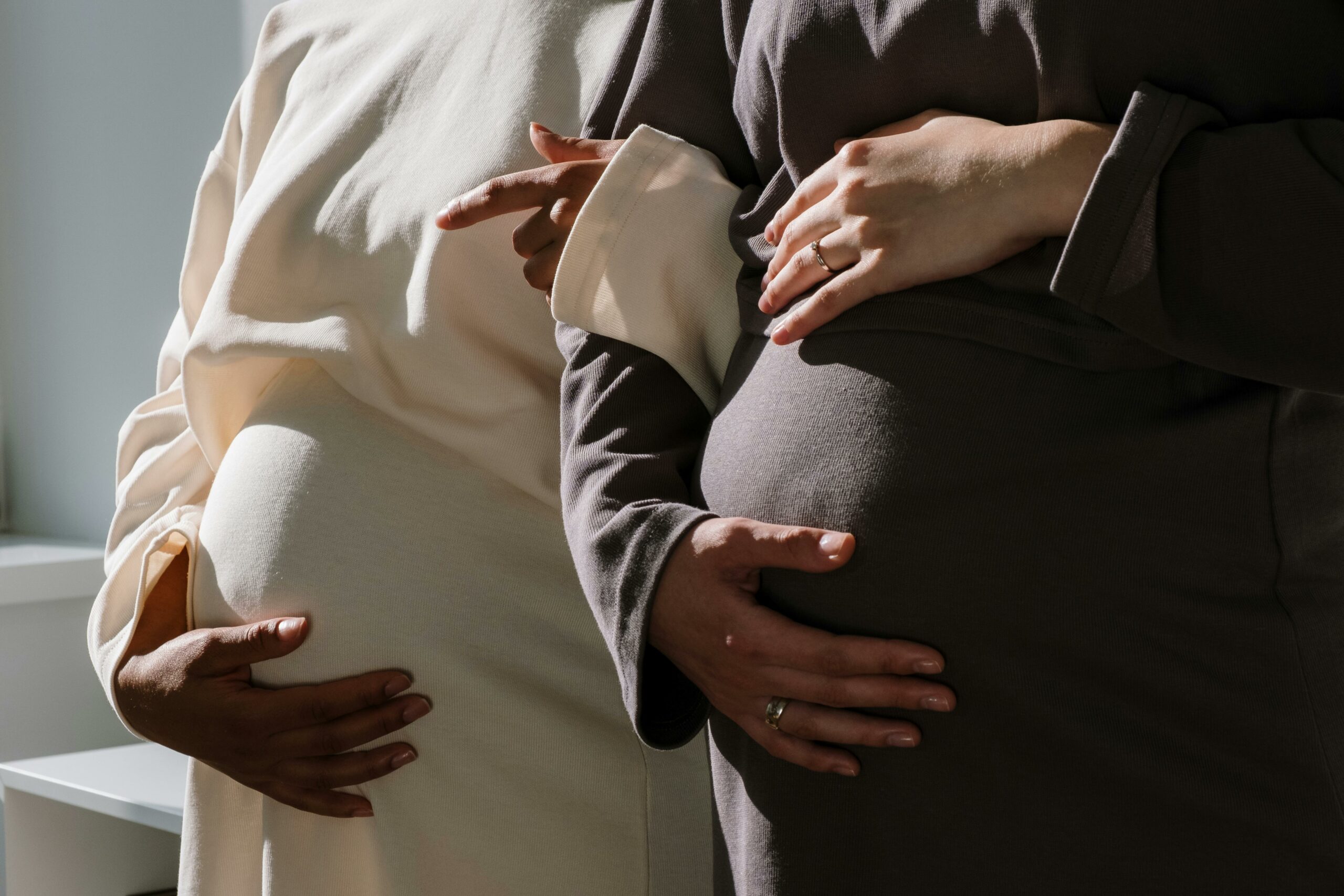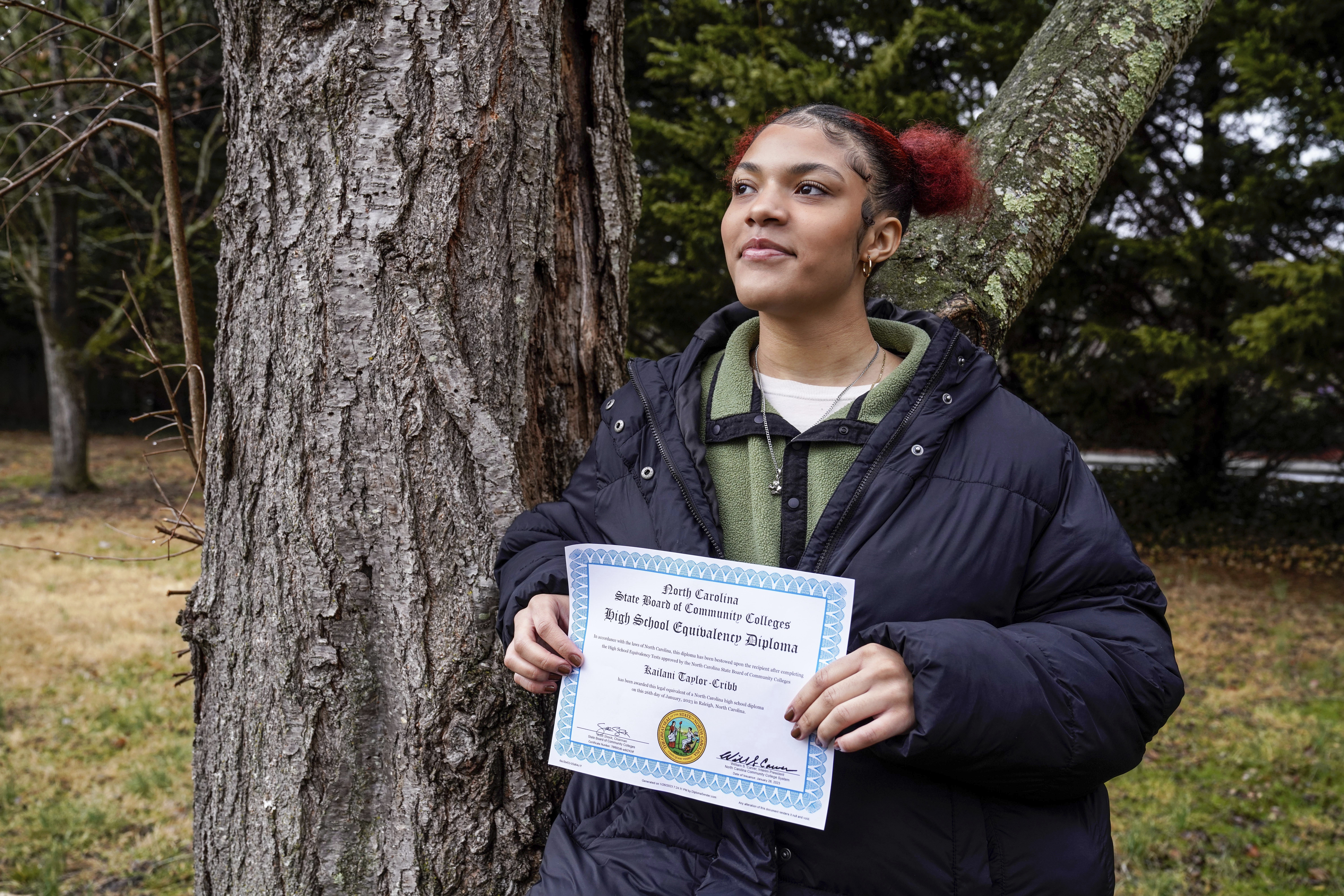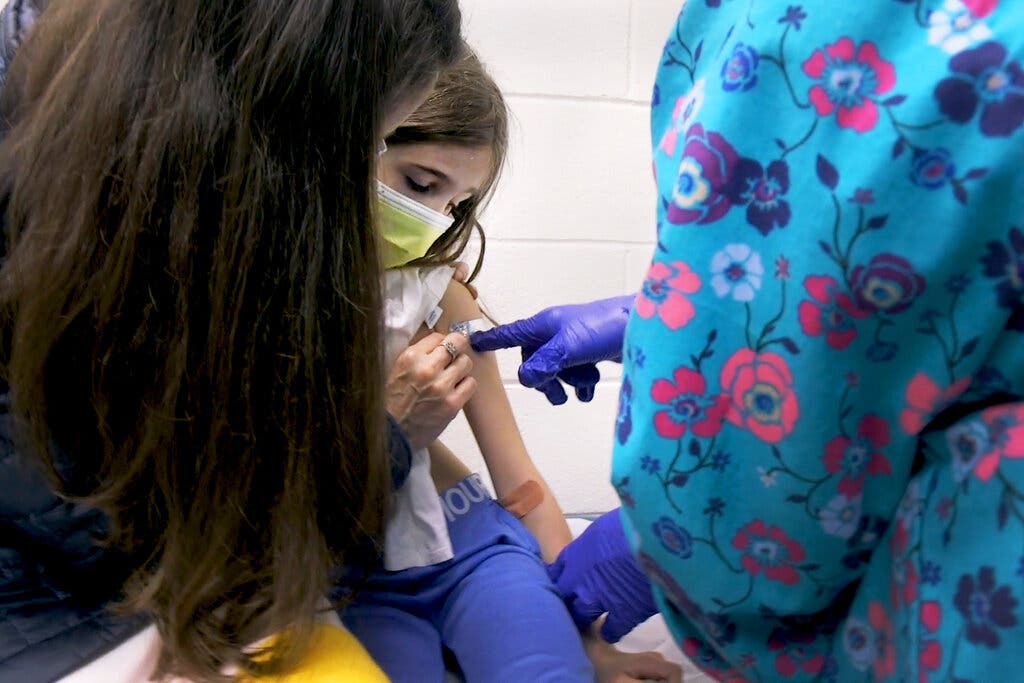COVID-19 has taken a toll on our physical health, and it’s taken a toll on our finances too. But some experts say the pandemic’s impact on our mental health is just as large.
How is COVID-19 affecting us psychologically? And what can we do to improve our mental health in the midst of the pandemic?
“I think there are three things that are affecting people very profoundly,” says Duke psychology professor Tim Strauman. “One is a sense of frustration, because we’re stuck and we can’t do the things we want to do. The second is the unpredictability – we don’t know when this is going to end.
“And the third is the uncontrollability, [the sense that] as an individual there’s nothing I can do about it.”
COVID-19’s impact on mental health has been profound and widespread. Duke public policy professor Anna Gassman-Pines has been conducting an ongoing study of hourly service workers with young children – and that study has revealed some troubling findings.
“In our sample, a full 50 percent [of parents] are screening positive for serious depression or anxiety or both,” she says.
Gassman-Pines says that’s partly a consequence of economic strain, and partly due to something we’re all feeling amidst the pandemic – a loss of a sense of control.
Duke child psychiatrist Robin Gurwitch agrees. “Covid has taken away our sense of certainty and control,” she says, “and that leads to anxiety and worry in children too.”
So what can we do to regain that feeling of control?
Tim Strauman has some simple but effective advice. “Stop and breathe and let a few seconds go by,” he says. “Sometimes it’s the most effective thing we can do.”
In addition, Duke clinical psychologist Kyle Bourassa adds that it can help to focus your attention not on what you can’t do, but on what you can.
“Can I go do 20 pushups? Or walk around the neighborhood?” he says. “What are the small things that are going to move you in the direction you want to go?”
Strauman agrees, adding that this strategy is a great way to regain the sense of control that we’re all struggling to maintain.
“Anything we can do to reintroduce some controllability, even if they’re seemingly trivial choices,” is good, he says. “Today I’m going to reach out to somebody…or I’m going to take 10 minutes and sit in a quiet room and do a little bit of breathing…
“Anything that introduces controllability is a way of reminding our nervous system [that] we’re okay, we’re going to be okay.”
Dr. Gurwitch adds that creating a daily routine can help not only adults, but also kids too.
“Take time to take a walk or do something fun or quiet as well as homework time,” she says. “Help children feel like they can control something. So tell them, ‘You’re doing a lot of great things. You wash your hands, you wear a mask, you’re kind to others.'”
While those strategies can help us individually, scholars are also calling for structural changes too. Dr. Gassman-Pines says we could be doing a lot to ease the strain on essential workers by increasing mental health resources, expanding access to key services, and implementing policies that will help workers make ends meet without having to struggle from day to day.
“We really need to be thinking societally about our child care system, and how [it] can be supporting these crucial essential workers at this time,” she adds.
But in the meantime, Dr. Strauman says the most important thing for individuals now is to set reasonable expectations for how much you can accomplish in the midst of this new normal.
“And then be able to look back and say, ‘okay, in the pre-Covid era, this would not have been a productive day,'” he says. “‘But under Covid circumstances, I did a really good job today. I took care of my family, I took care of the people that I love…
“‘I really was part of the solution.'”
Photo via Duke University.
Chapelboro.com does not charge subscription fees. You can support local journalism and our mission to serve the community. Contribute today – every single dollar matters.



